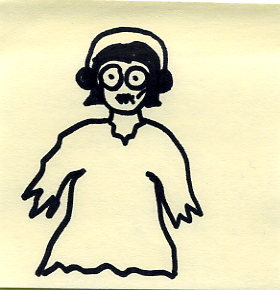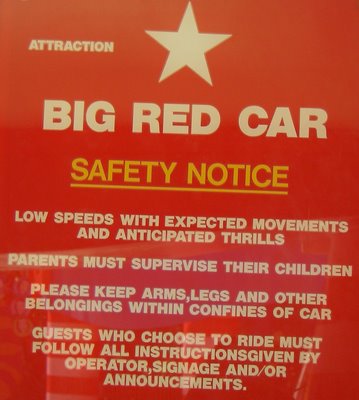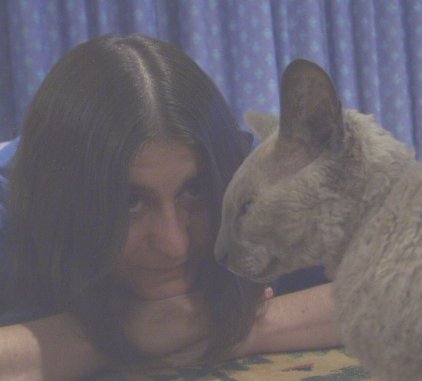To feed the monster, every so often I:
1) Check in bloglines who has publically subscribed to this blog
2) Check in bloglines who has publically subscribed to other blogs I like
3) Look at the blogs that those people have subscribed to.
4) If I don't already have a blog in my collection, I run it through my blog-o-meter and subscribe to it if it passes.

2) Frequent regular posts
3) Not covering the same ground as something I already subscribe to
4) Description is a bit more unique than "Jane Jones gives her idiosyncratic view of librarianship"
5) Short posts about tools and sites that are useful
6) Posts usually less than 4 paragraphs long
My blog usually does not pass 6). Probably wouldn't have passed 4) either.
It's a good thing that other blogs slip though. How?
1) Recommendations or pointers from other blogs.
2) Looking at the blogs of people who comment here and on other blogs
3) A "something about you" experience where I just know I'll be friends with the type of blog I don't usually mix with.
TODAY'S HIPPIE CARD: This moment.






